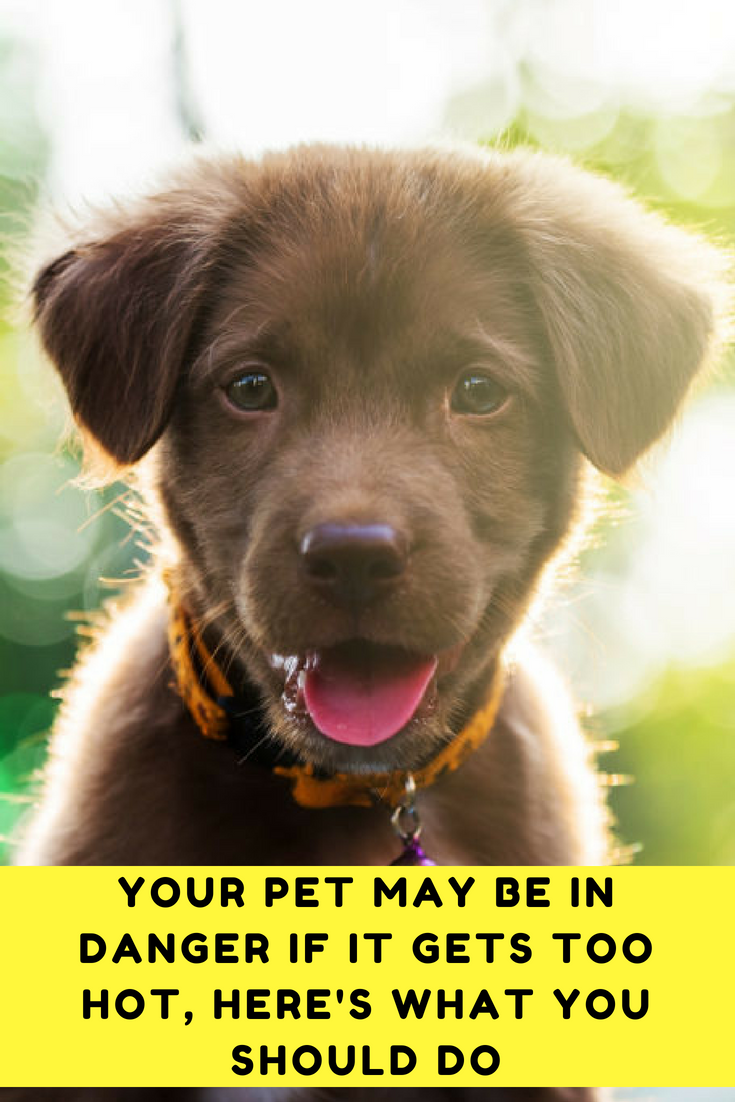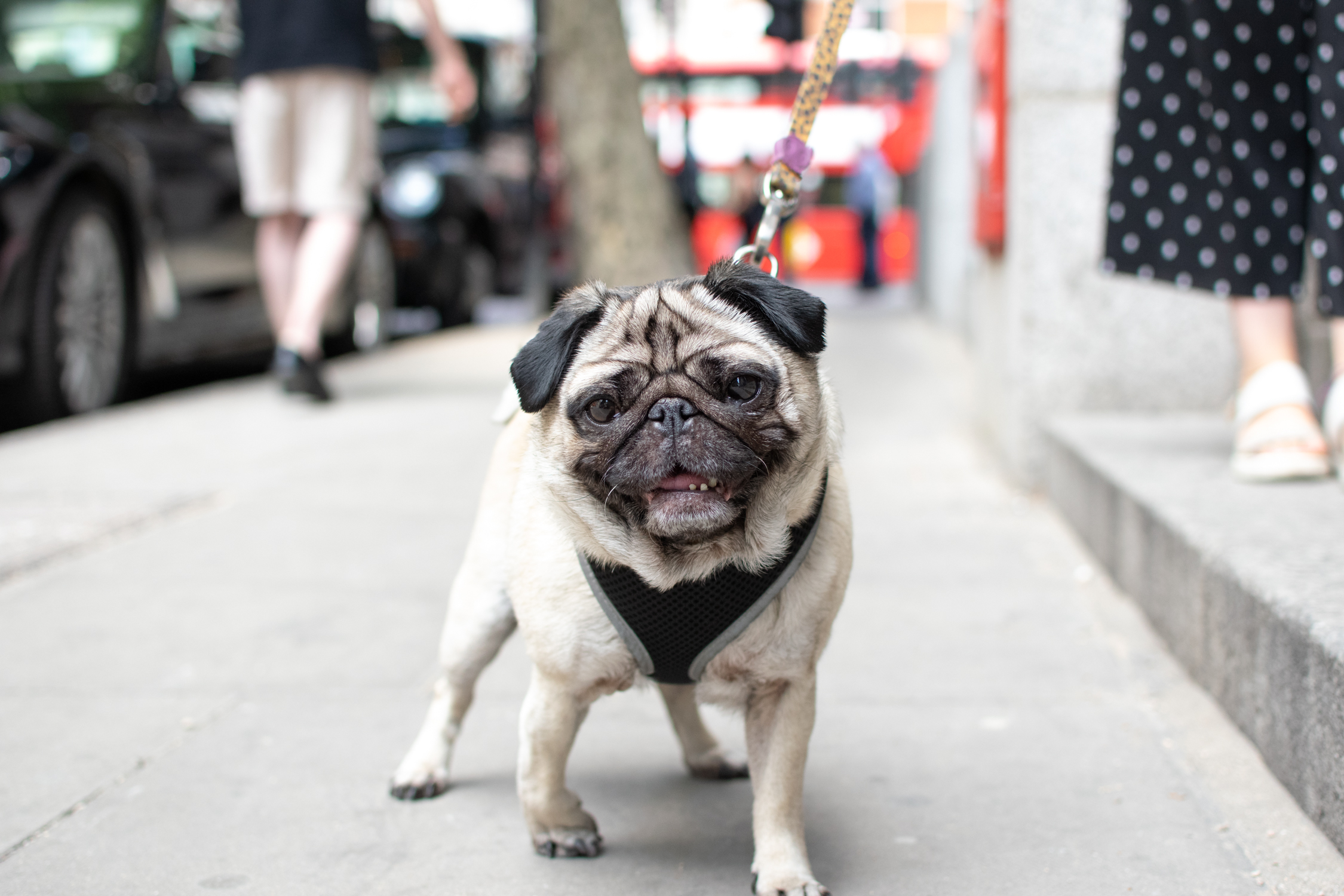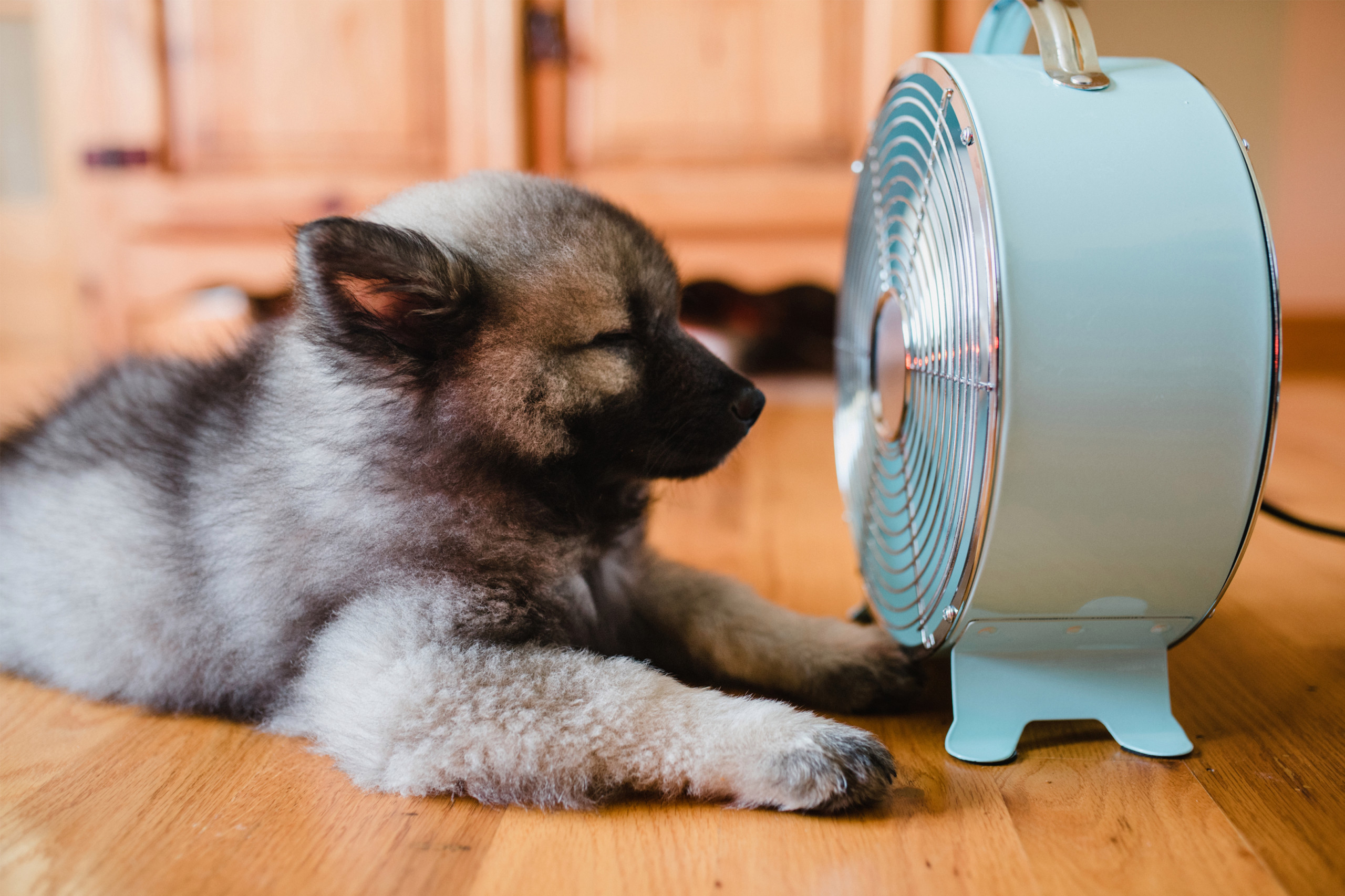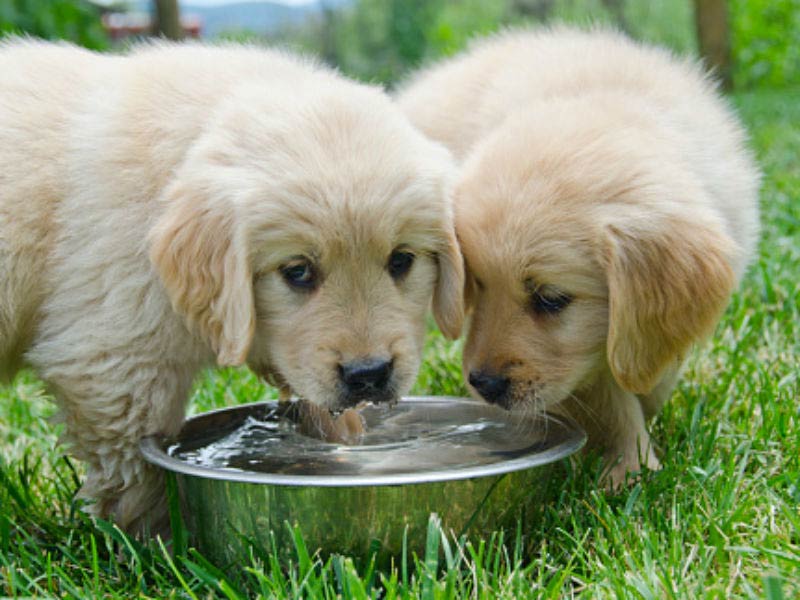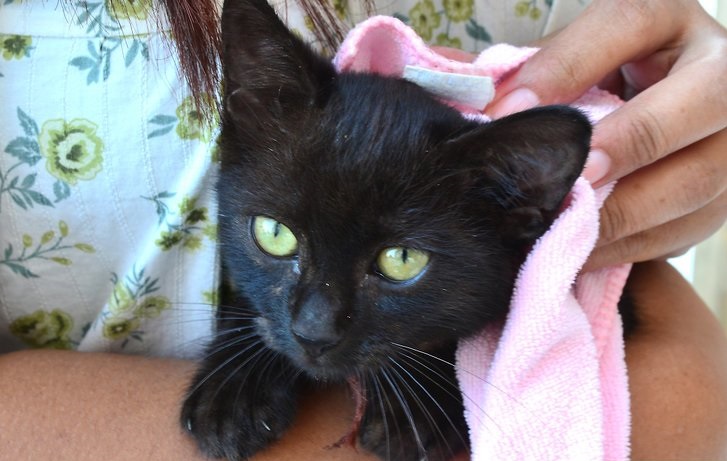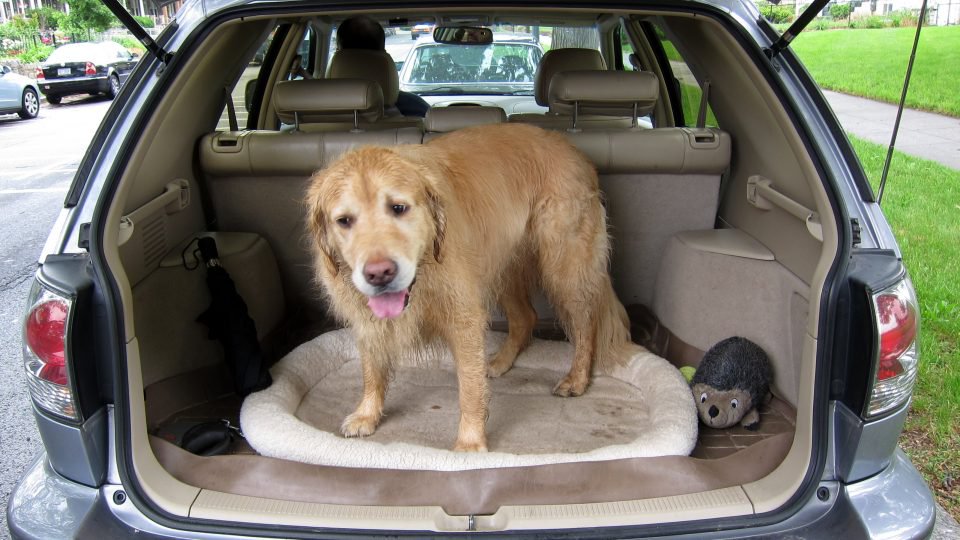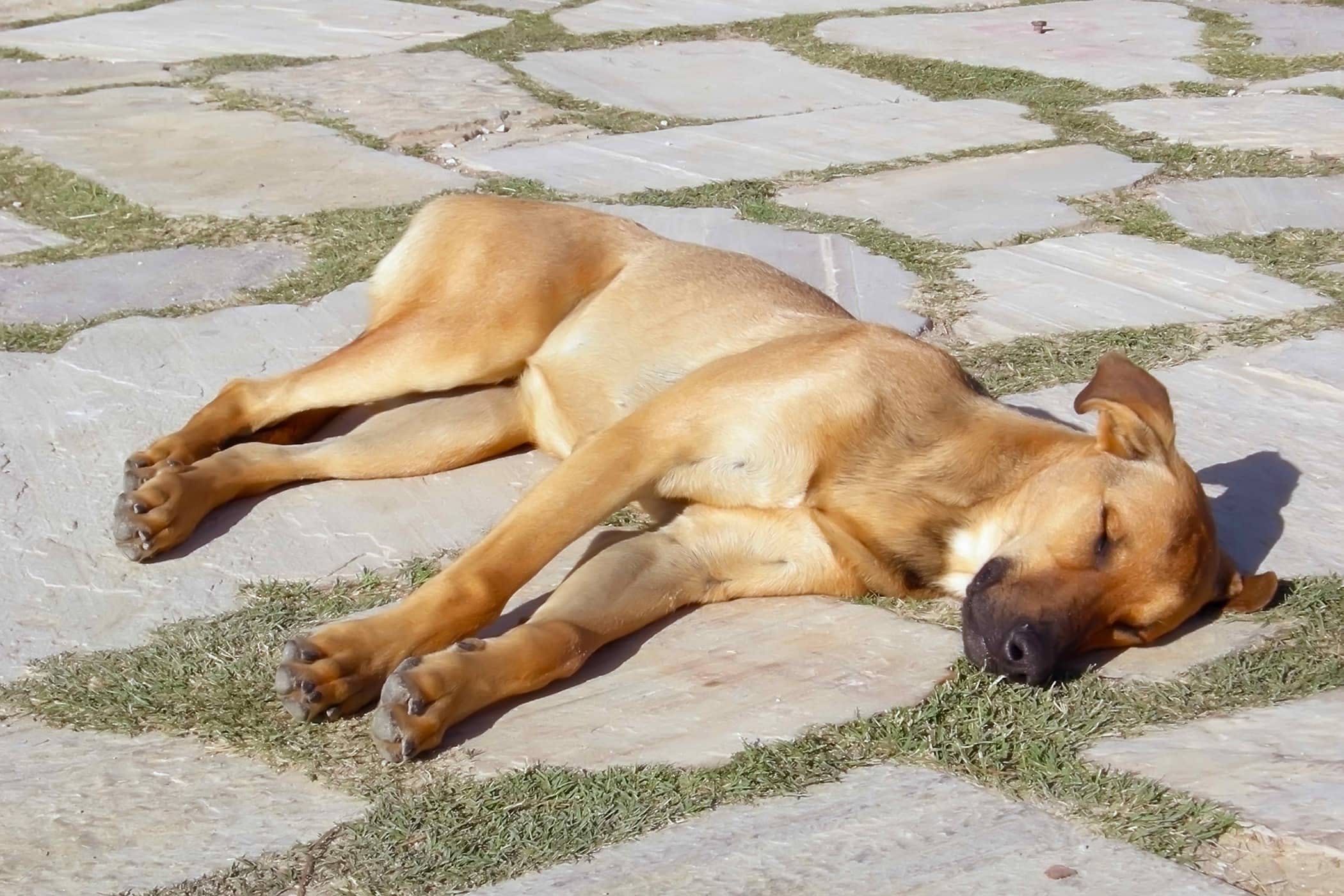Summer is finally upon us but now the heat is very intense! You know what it’s like to be very hot and affected by it, but have you ever thought what the heat can do to your pet that can’t get rid of its fur coat when it likes?
Dogs, cats and even rodents can suffer from this summer heat, except they can’t tell you, so it’s very possible you may not realize it. While your pet may love a nap in the sun, you should still take precautions to prevent heat stroke or other health problems.
1. Modify walk times
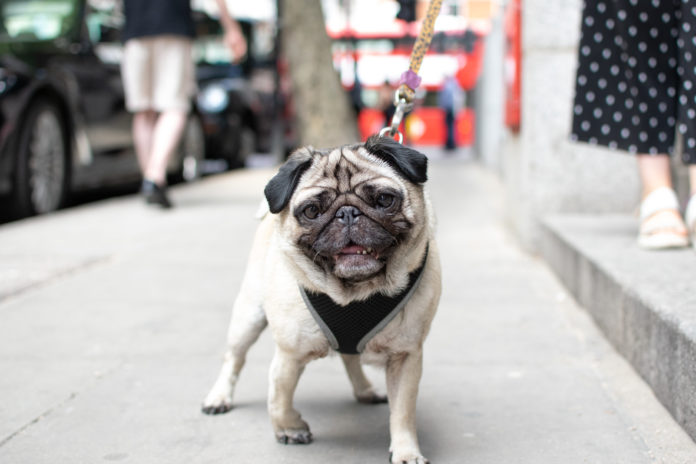
It is essential for a dog to go out every day to let off steam, walk, smell a ton of smells and mark its territory, even when it is very hot. However, to avoid the inconvenience that heat can cause you both, be sure to change the time of the walk to a cooler time of day, morning or evening.
Favour shaded areas so that your dog does not damage its paw pads on the hot asphalt. Avoid making your pet make too much of an effort (like running) when it is very hot.
2. Take the necessary precautions
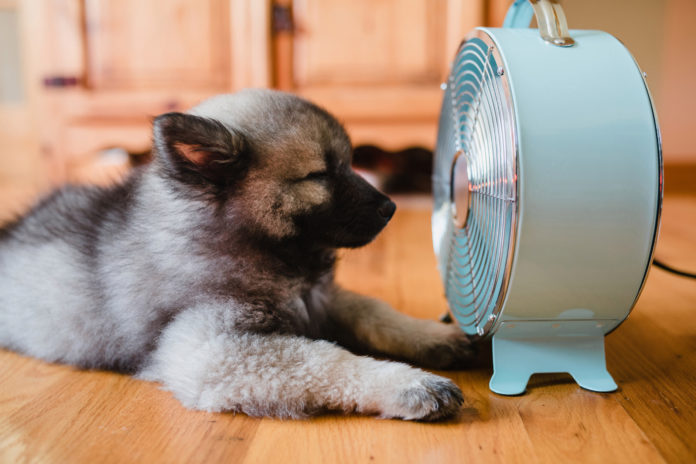
If you are lucky enough to have air conditioning in your home, be careful not to turn it on too high. Your pet may suffer from respiratory problems. A simple moderate freshness will do you both enough good. During the day, make sure to minimize the sunlight entering your home by closing your curtains or shutters.
You can also install a fan where your pet is and, if you have a room with a tiled floor, make sure it is accessible to him or her as it is cooler.
3. Use towels
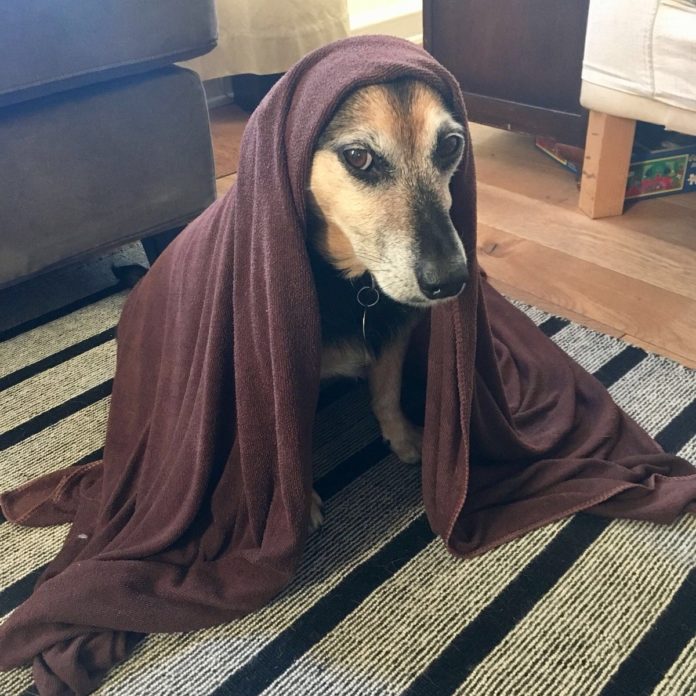
All you need is a damp towel to cool your pet. Place it near his basket or his favourite place and you will see, he will go right to it. You can also fill small bags with ice cubes and place them in accessible places so your pet can hang around them if necessary.
4. Don’t forget water!
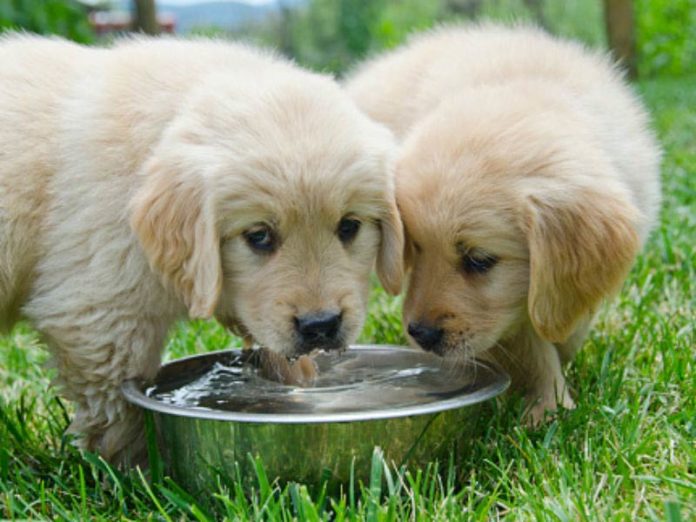
If staying hydrated is important to you, it is just as important to your hairy friend. Make sure he/she always has access to fresh water, but never ice. It could make them sick or cause a thermal shock. Change your pet’s water as often as possible so that it is always fresh and so you can make sure he/she always has some. Water fountains are an excellent solution in cases of intense heat because they ensure filtered and fresh water at all times.
If you have a rodent, make sure its water distribution system works perfectly and is not defective!
5. Take care of your pet’s extremities
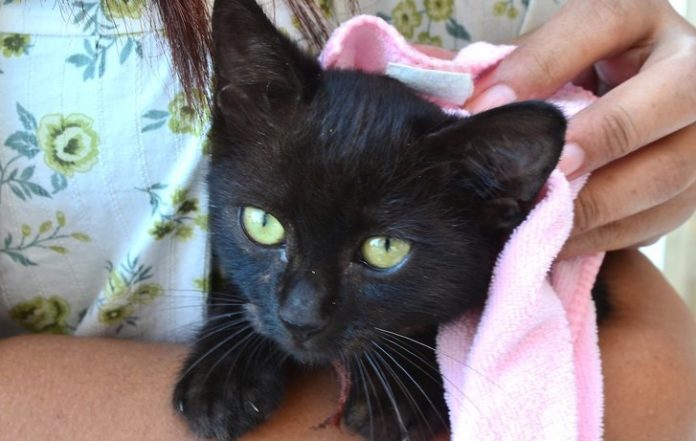
It is difficult for a dog or cat to evacuate heat. This only passes through your pet’s head and legs. To help them cool down, you can take a damp cloth and run it over their head and legs, or even her whole body if it’s a cat. They will be very grateful!
For your dog, after a walk, you can put cold water compresses on his paws pads to relieve them. If your pet is not afraid of sprays, you can use one to gently give water to your pet.
6. Take care of its coat
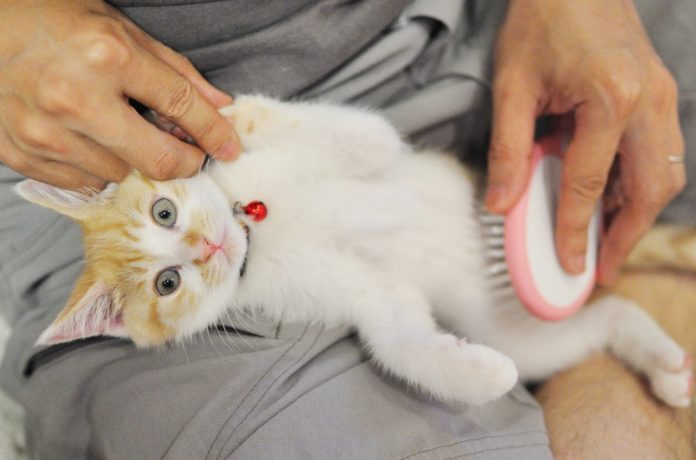
Many of you take advantage of the warm season to change your haircut for a shorter hairstyle. However, it is not recommended to do the same for your pet’s coat! The latter does not bother it and actually, it allows your pet to protect itself against dehydration and UV rays since it is a natural thermoregulation tool.
So, avoid cutting your pet’s hair, but be sure to brush it daily to aerate its coat and remove dead hair.
7. Don’t neglect swimming
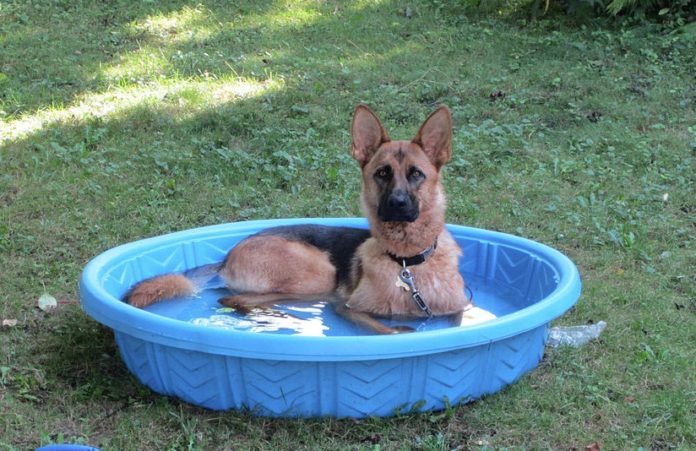
If you have a water point near you that accepts animals, like a lake or a beach or a swimming pool, do not hesitate to bring your dog to cool down. He/she will be very happy to swim and play in the water!
In your garden, you can also install a garden hose like people have to entertain children. Your dog will appreciate it too!
8. Also think about its food
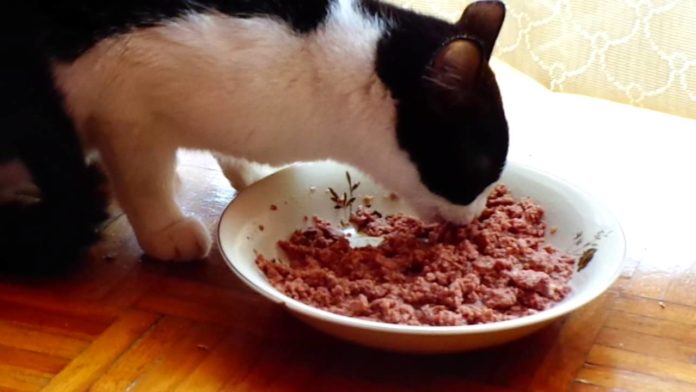
The dry kibbles you usually feed your pet will make them thirsty, so they will need to drink a lot more to rehydrate. However, when it is very hot, you may want to give them pâté food, which will not have the same dehydrating effect as dry kibbles.
If you have a rodent, he can greatly appreciate that you give him fresh vegetables and fruits, especially if they are full of water, like cucumbers, carrots and zucchini.
9. Car trips
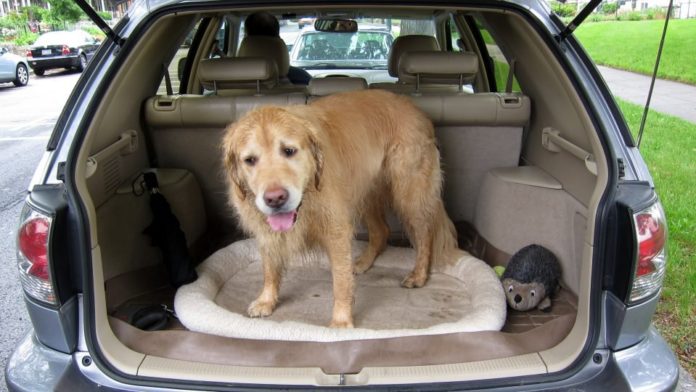
The rules that apply to a child also apply to your pet. So never leave your cat or dog alone in the car, unless you leave the windows ajar, the car is in the shade and you leave your pet some water. Heat increases dramatically in a car, so even these precautions will not prevent it from succumbing to intense heat in just a few minutes.
While travelling by car, stay alert for temperature changes, especially if your pet is very young or old. They will be much more sensitive to these changes. Never put the air conditioning too high at the risk of causing rhinitis, otitis or respiratory problems. If your pet is in a cage, you can cover them with a damp towel. If it is on a cushion or blanket, you can put a small bag filled with ice cubes under the blanket.
10. Beware of heat strokes
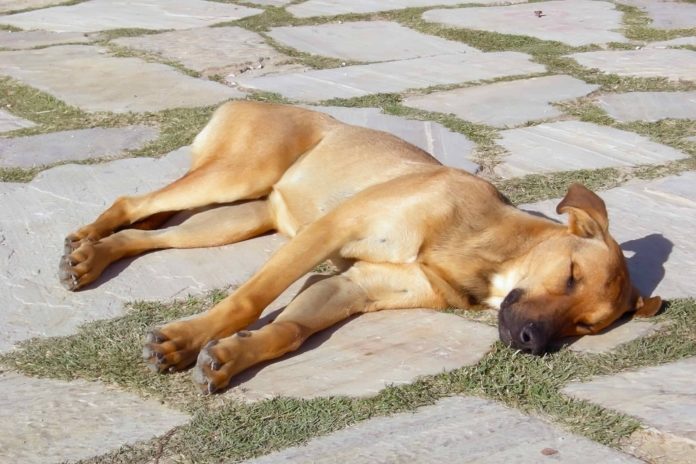

If your pet suffers from heat stroke, you can see it with a few clues:
- Your pet’s eyes are red;
- Your pet gasps and breathes quickly.
You must act quickly in this situation, otherwise, your pet may suffer from cerebral edema. So wrap him or her in a damp towel and go see your vet.
Source: astucesnegrandmere.net


![[Photos] Why WD-40 Is Magic In Your Garden?](https://lifetonik.com/wp-content/uploads/sites/7/2019/08/WD40-Prices-Highres_Page_8_Image_0008-218x150.jpg)
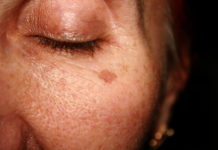




![[Photos] Take A Look Of The Obama’s New Home Before It’s Banned](https://lifetonik.com/wp-content/uploads/sites/7/2019/07/Obama1-218x150.jpg)

![[Slideshow] Celebrity Homes: 21 Of The Most Luxurious](https://lifetonik.com/wp-content/uploads/sites/7/2019/07/Taylor-Swift-218x150.jpg)
![[Slideshow] More Parents Are Now Gluing Pennies to the Bottom of their Kid’s Shoes](https://lifetonik.com/wp-content/uploads/sites/7/2019/07/Keep-Them-Entertained-218x150.jpeg)
![[Photos] 20 Fashion Mistakes That Too Many Women Make!](https://lifetonik.com/wp-content/uploads/sites/7/2019/07/5-style-mistakes-that-make-you-look-frumpy-featured-218x150.jpg)










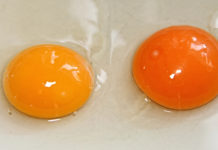
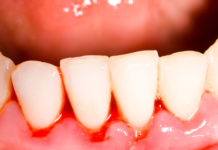







![[Gallery] 25 Discounts For Seniors To Which You Are Entitled Without Knowing It](https://lifetonik.com/wp-content/uploads/sites/7/2019/08/EAZxECUXUAAvNZR-218x150.jpg)
![[Slideshow] Here’s the salary of every governor in the United States](https://lifetonik.com/wp-content/uploads/sites/7/2019/08/Charlie-Baker-218x150.jpg)
![[Photos] No One Will Want To Buy This House After Seeing These Pictures](https://lifetonik.com/wp-content/uploads/sites/7/2019/08/terrible-real-estate-photos-2-5c35e727c9f95__700-218x150.jpg)

